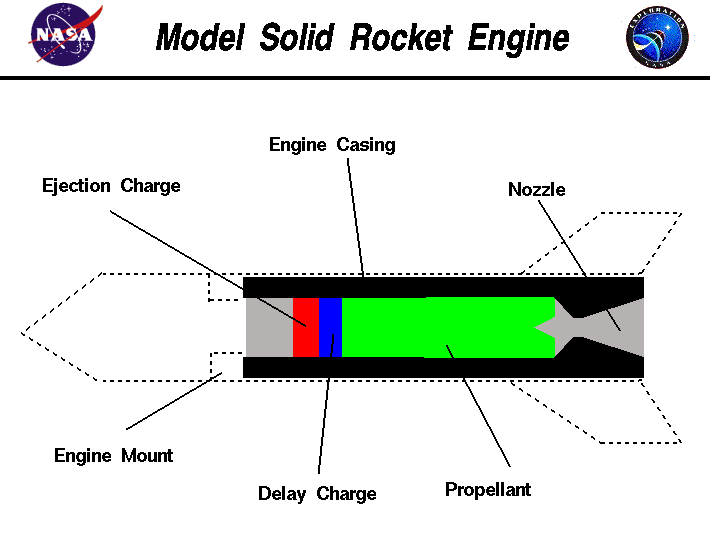CHLORATES HAS NO PLACE IN AMATEUR ROCKETRY. PERIOD.
This cannot be stressed enough. Chlorate compositions can be extremely sensitive to heat, impact and friction. It's one of the fastest routes to
explosions, failure and injury.
@B(a)P: The reason why chlorate and wax isn't more spectacular is due to the low boiling point of the wax. It acts like a cooling bath, preventing the
positive thermal feedback that other mixes are subjected to. But don't let that fool you, it's still a high explosive mixture.
|












